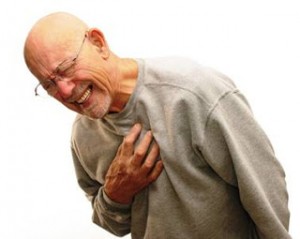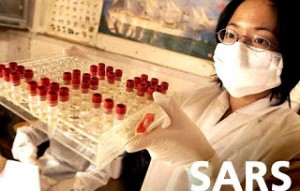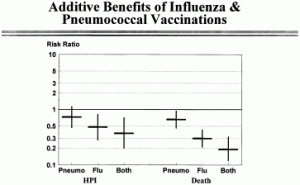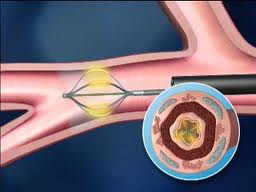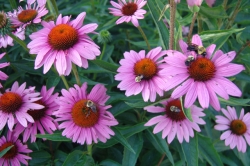It is known from the medical literature that poor lung function can often lead to heart attacks making it one of the important causes of premature death for patients with poor lungs (due to emphysema, chronic bronchitis, COPD etc.).
A research team led by Dr. Don Sin from the University of Alberta, Edmonton, Canada, asked the question recently whether there may be a circulating factor that would be responsible for this association of poor lung function and increased cardiovascular disease.
They studied serum leptin and a variety of other inflammatory markers such as C reactive protein, leukocytes, and fibrinogen in 2808 participants in the Third National Health, Nutrition, and Examination Survey. Apart from blood tests they also measured lung function by spirometry (forced expiratory volume in 1 second, called FEV1). The leptin levels found in these patients were then divided into 5 groups from low to high levels. They also carefully adjusted the data for body mass index, sex, age and other factors. They compared the group with the lowest leptin concentration (lowest quintile) with the highest group of leptin concentration (highest quintile) and looked for any significant differences in any of the markers.
Results: The highest quintile group (high leptin in blood samples) had also the highest other inflammatory markers in their blood (C-reactive protein, leukocytes and fibrinogen). This group was the one that was associated with advanced lung diseases as well as heart disease. The authors of this study, which was recently published in a medical journal (Thorax 2003;58:695-698), concluded that leptin plays an important role, if not the major role, in the development of both chronic lung disease and cardiovascular complications.
Links to lung disease: http://www.nethealthbook.com/articles/chronicobstructivepulmonarydisease.php
Links to heart attacks:
http://www.nethealthbook.com/articles/cardiovasculardisease_heartdisease.php
Last edited December 9, 2012
